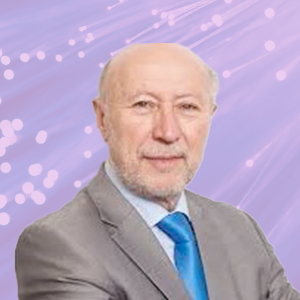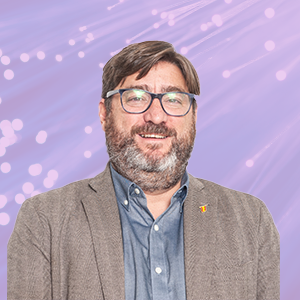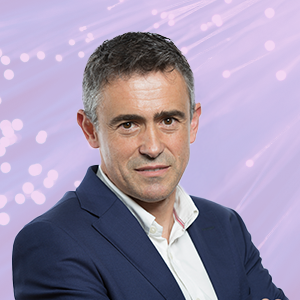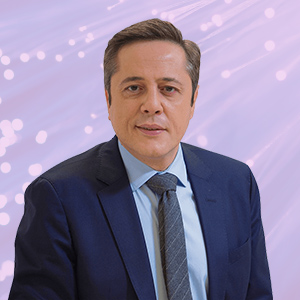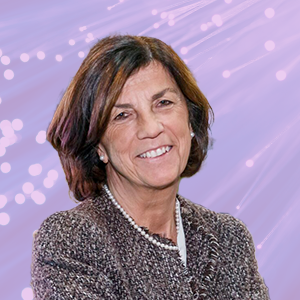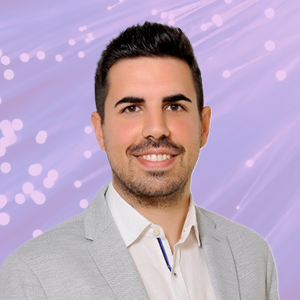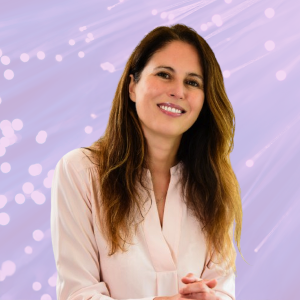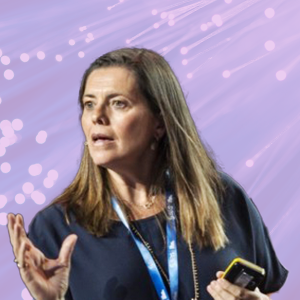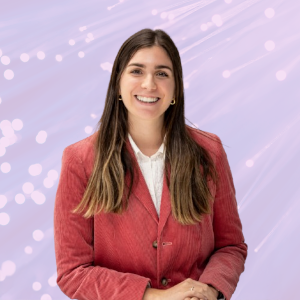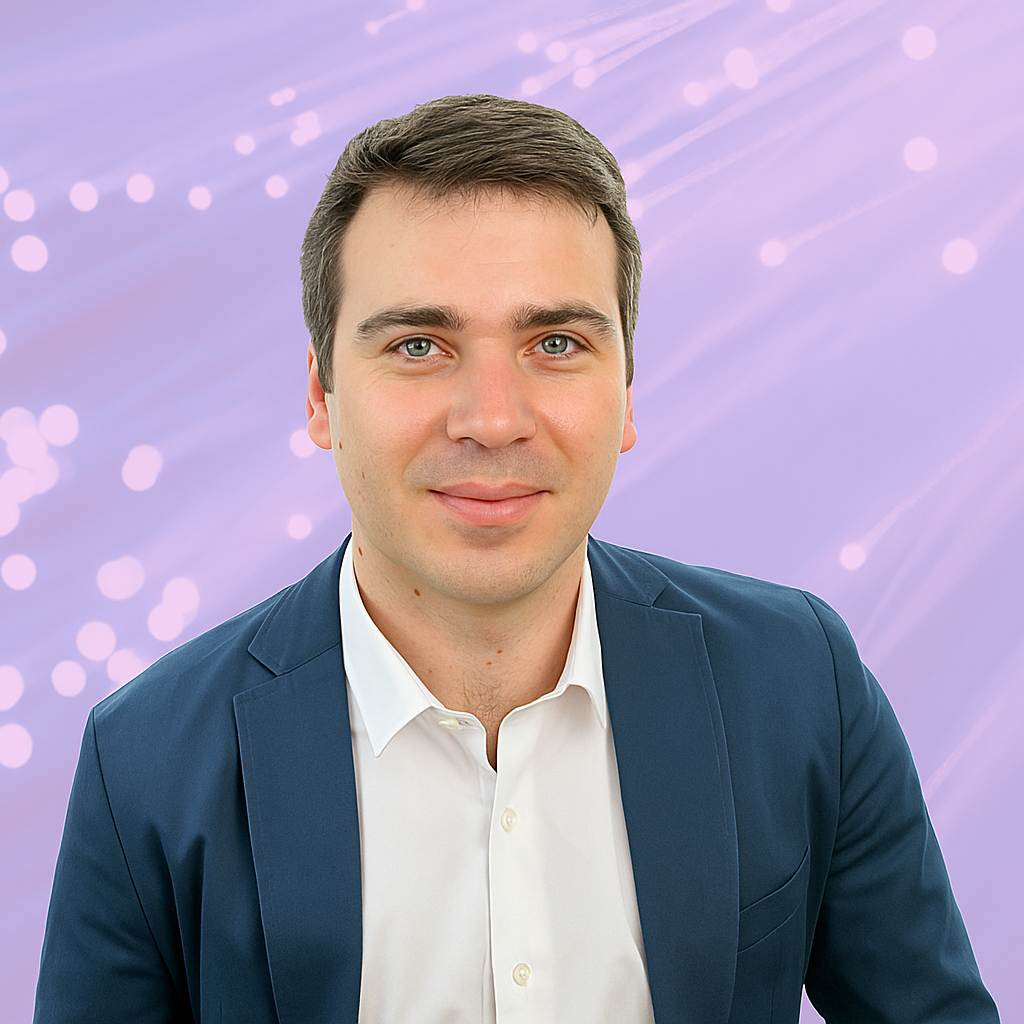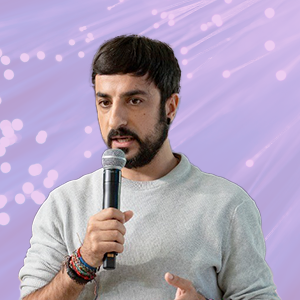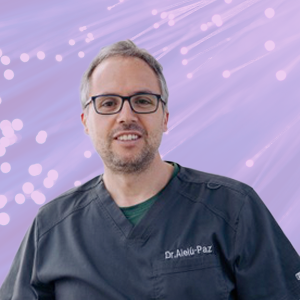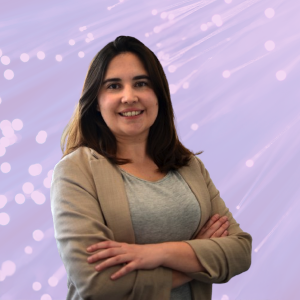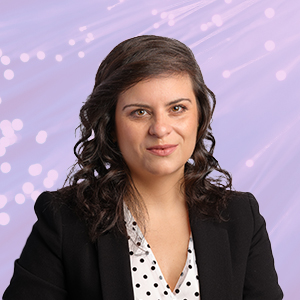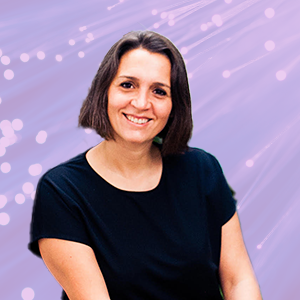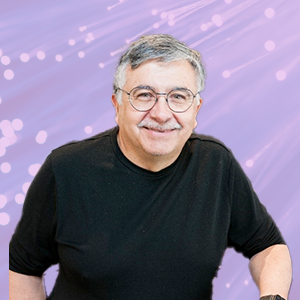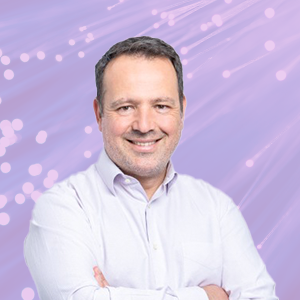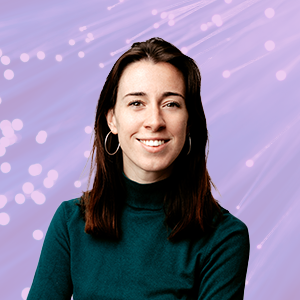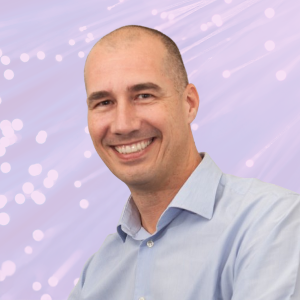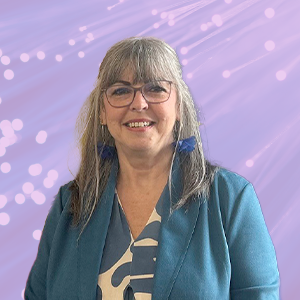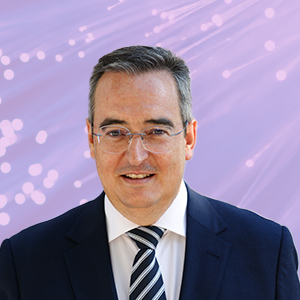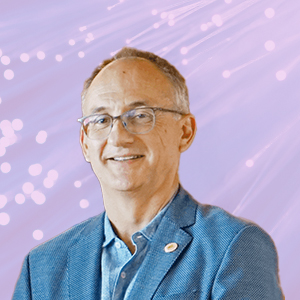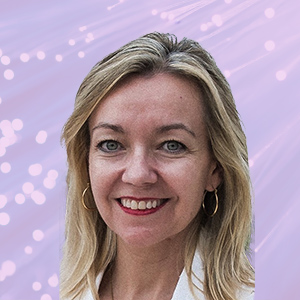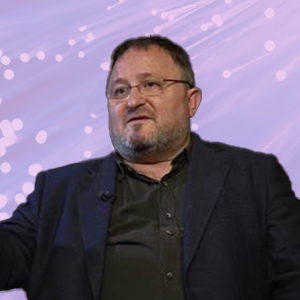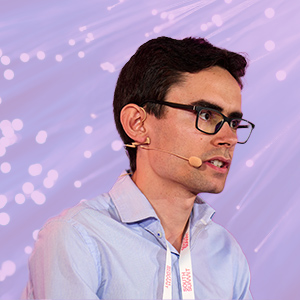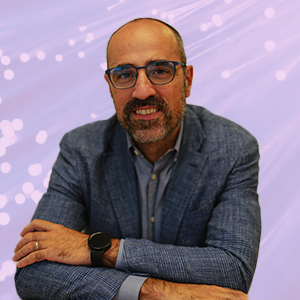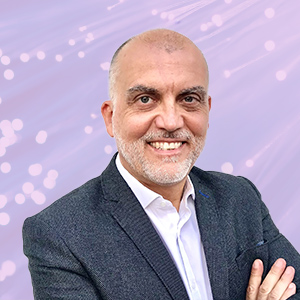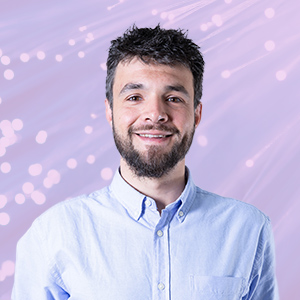The general director of the FPCM, Marta del Castillo Vázquez, was interviewed on the podcast “Inventando la rueda” of the research group in Economics and Innovation Management (UAM-InEGi) of the Autonomous University of Madrid.
Programs with Trustees and collaborators
In addition to reviewing his extensive professional career, developed mainly in the USA, the interview dedicated a good part to our Park. Del Castillo outlined the FPCM’s own programs and in collaboration with its Trustees. For example, CaTaPull IN in acceleration and CaTaPull UP in scaling and open innovation, funded by the Madrid City Council. With the Community of Madrid, the ESA BIC Madrid and HealthStart programs stand out. Both programs contribute incubated companies to the Park.
With other collaborators, he mentioned the APTEnisa pre-acceleration and acceleration program. This program is developed in collaboration with the Association of Science and Technology Parks of Spain (APTE) and the National Innovation Company, S.A. (Enisa). He also highlighted the collaboration with EIT Health Spain through the Health to Market Awards and other internationalization initiatives.
As a banner of the internationalization programs in which the FPCM participates, the director referred to the Enterprise Europe Network (EEN), of which the Park is a partner of the EEN Madrid node, coordinated by the Madri+d Foundation.
Deep tech and barriers to innovation
During the interview, Del Castillo insisted on the deep tech nature of most of the incubated companies. In other words, these are companies – largely startups – that develop disruptive technologies that solve complex problems in our society. This duality – the complex nature of the problems and the disruptive nature of the solutions – means that deep technologies require a strong scientific-technological base and much longer development times than other sectors.
Precisely in relation to these particularities of deep tech, the director of the FPCM also spoke of the barriers to innovation. Compared to the US, he sees little investment in innovation by the private sector in Spain. It also observes little communication between public administrations and this sector. All this complicates the development of deep tech companies, given their high development and market entry times.
Looking to the future
Finally, the director detailed the three main axes of her work at the FPCM for the coming years. The first is to help incubated companies grow by improving the quality of facilities and value-added services. The second is to seek synergies between the Park’s own companies, improving their communication and collaboration. The third is to strengthen and intensify the relationship of the Trustees with the Park and the incubated companies, including among other things the possibility of UAM and UCM students to carry out internships and work in them.
Full interview
The full interview with the director of the FPCM in the podcast “Inventing the wheel” can be seen at the following link:
It can also be heard on the platforms:





